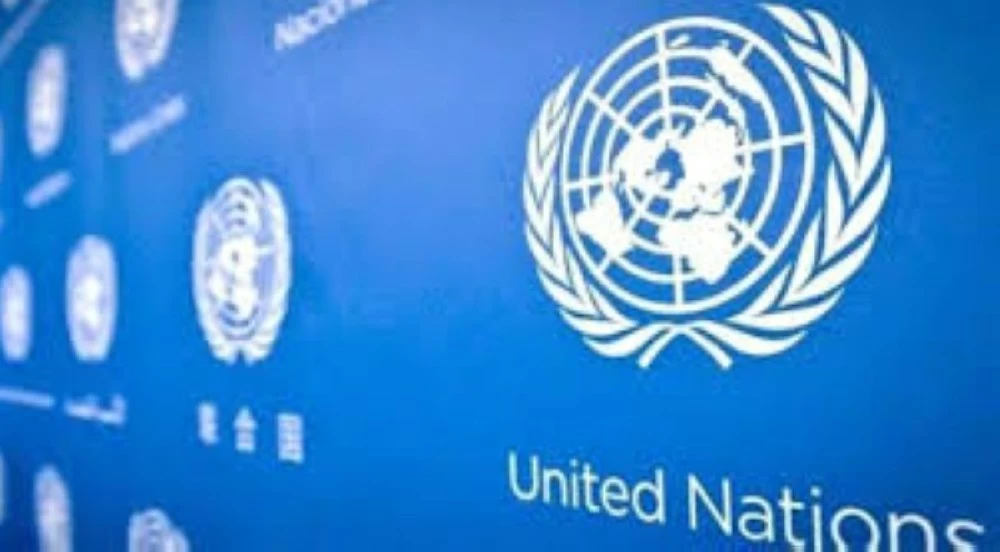أطلقت الأمم المتحدة، خلال مؤتمر المناخ «كوب 30»، خطة عمل للنظم الصحية العالمية للتكيف مع ارتفاع درجات الحرارة والطقس المتطرف.
وذكرت الأمم المتحدة، أنه بينما تتواصل مفاوضات المناخ في مدينة بيليم الأمازونية بالبرازيل، اعتمدت الحكومات ووكالات الأمم المتحدة والشركاء «خطة عمل بيليم الصحية»، مع التركيز على معالجة التفاوتات في الرعاية الصحية.
وبحسب الأمم المتحدة، فإن الحرارة الشديدة والفيضانات والجفاف والعواصف ليست مجرد تهديدات بيئية، بل تؤدي إلى تفشي الأمراض، وانعدام الأمن الغذائي والمائي، وتعطيل الخدمات الصحية الأساسية.
دمج الصحة في إستراتيجيات المناخ
وتحدد خطة العمل، التي طورتها منظمة الصحة العالمية وجامعة الأمم المتحدة وشركاء آخرون في الأمم المتحدة، بالتعاون مع الحكومة البرازيلية، خطوات عملية لدمج الصحة في إستراتيجيات المناخ.
وسيجري تخصيص اليوم (الجمعة) في الجناح للتحالف من أجل العمل التحويلي بشأن المناخ والصحة، وهي مبادرة تقودها منظمة الصحة العالمية لتسريع الانتقال إلى نظم صحية قادرة على التكيف مع المناخ ومنخفضة الكربون.
كما أطلق برنامج الأمم المتحدة للبيئة (UNEP) وشركاؤه مبادرة لخفض هدر الطعام إلى النصف بحلول عام 2030، وخفض ما يصل إلى (7%) من انبعاثات الميثان كجزء من الجهود المبذولة لإبطاء تغير المناخ.
ويشير برنامج الأمم المتحدة للبيئة، إلى أن العالم يهدر أكثر من مليار طن من الطعام كل عام، ما يساهم بما يصل إلى (10%) من انبعاثات غازات الاحتباس الحراري العالمية.
ويشكل ما يصل إلى (14%) من انبعاثات الميثان، وهو ملوث مناخي قصير العمر يكون أقوى بـ (84) مرة في احترار الغلاف الجوي من ثاني أكسيد الكربون على مدى (20) عامًا.
The United Nations launched a global health system action plan to adapt to rising temperatures and extreme weather during the climate conference “COP 30”.
The United Nations stated that while climate negotiations continue in the Amazonian city of Belém, Brazil, governments, UN agencies, and partners have adopted the “Belém Health Action Plan,” focusing on addressing disparities in healthcare.
According to the United Nations, extreme heat, floods, droughts, and storms are not just environmental threats; they lead to disease outbreaks, food and water insecurity, and disruption of essential health services.
Integrating Health into Climate Strategies
The action plan, developed by the World Health Organization, the United Nations University, and other UN partners in collaboration with the Brazilian government, outlines practical steps to integrate health into climate strategies.
Today (Friday) will be dedicated in the pavilion to the Coalition for Transformational Action on Climate and Health, an initiative led by the World Health Organization to accelerate the transition to climate-resilient and low-carbon health systems.
The United Nations Environment Programme (UNEP) and its partners also launched an initiative to halve food waste by 2030, reducing up to 7% of methane emissions as part of efforts to slow climate change.
The UNEP indicates that the world wastes over a billion tons of food each year, contributing up to 10% of global greenhouse gas emissions.
This accounts for up to 14% of methane emissions, a short-lived climate pollutant that is 84 times more potent in warming the atmosphere than carbon dioxide over a 20-year period.

